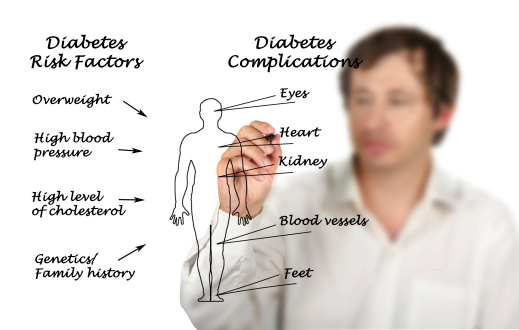Gout may increase type 2 diabetes risk, women more vulnerable then men: Study
Gout may increase the risk of type 2 diabetes and research has found that women are more vulnerable to these effects then men. It has been long documented that sufferers of gout generally tend to develop diabetes as well which reveals that having one of the conditions greatly increases your risk for the other. The ...click here to read more














